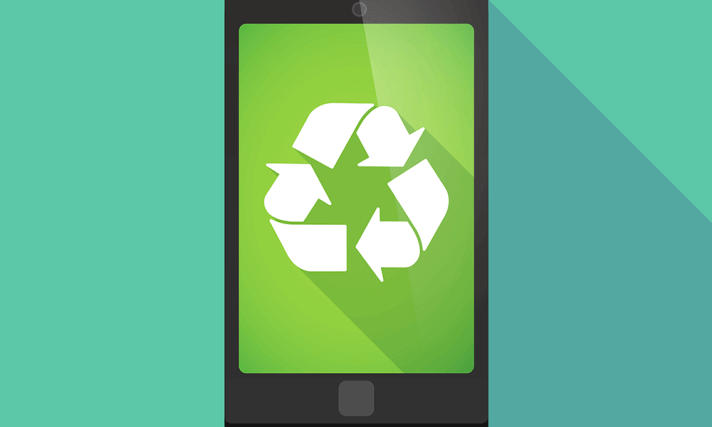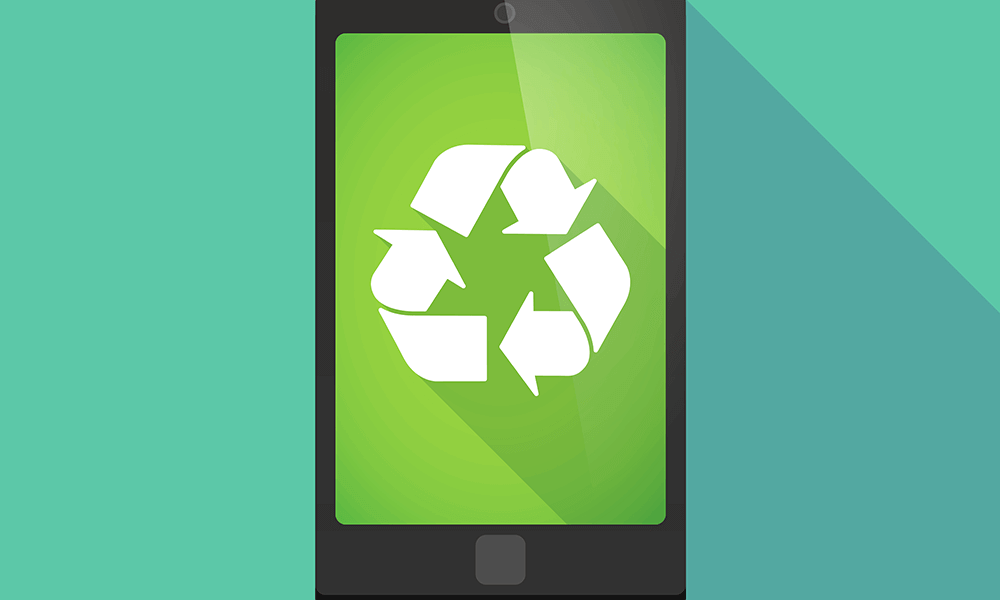
Participants from over 13 countries have come together to learn from China’s experience in managing the mounting e-waste recycling challenge, and be inspired by China’s e-waste management systems, practices, disposal and treatment technologies and how these can be applied and replicated throughout the world.
China is one of the largest producers and recipients of e-waste in the world. According to a recycling industry report released by the Ministry of Commerce this May, e-waste items recycled in China in 2015 alone amounted to 152.74 million pieces.
To discuss this challenge, the United Nations Development Programme (UNDP) together with the Foreign Economic Cooperation Office (FECO) under the Ministry of Environmental Protection (MEP), developed a three-day workshop to share experience and knowledge with government representatives, private sector companies, CSO’s and academia. Participants will visit a dismantling factory in Tianjin, alongside learning about the Innovative Baidu Recycle App, launched by UNDP China and internet giant Baidu, supported by FECO and the Global Environmental Facility (GEF).
“We truly believe that innovative ideas, alongside greater public-private partnership is key to the solution for a truly integrated, systematic and coordinated solution to e-waste management,” said Patrick Haverman, Deputy Country Director of UNDP China, “Our goal has been to make e-waste processing an inherent part of the whole e-product production process a roadmap laid out which functions as a national guideline for the production, consumption, recycling and reproduction of electronic products.”
The pioneering Baidu Recycle App, uses an innovative model of connecting consumers, dismantlers and manufactures together using an efficient and user friendly smartphone app. The user can find out a price and recycle their electronic products using a nearby legitimate e-waste pick-up services, helping to simplify the recycling process and cut down on informal recycling stations.
Mr. Zhao Weijun, Party Secretary of FECO, said: “The joint effort of UNDP and FECO aims to connect the industrial chain and value chain of e-waste treatment and non-ferrous metals recycling. Our goal is to create a virtuous whole-life-cycle of e-products from design, production, consumption, treatment to recycling and reuse.”
The success of the App has been made possible by a series of strong policies implemented by the Government of China to tackle the E-waste Challenge. Firstly implementing the ‘old for new’ preferential policy for households, which persuaded consumers to trade in old appliances for a discount on newer goods and to encourage recycling behavior. Then in 2012 introducing subsidies to over 100 accredited dismantling companies to use environmentally friendly technology for the dismantling and processing of the discarded electric products. Most recently in March 2016, a cross Ministry policy has opened up government subsidies for safely recycling over 14 categories of e-waste, including items such as Smartphones and Tablets and making E-waste recycling a top priority in China.
China- as one of the most promising countries in proactively pursuing a solution to E-waste, is a country that can take the lead in tackling the issue both domestically and globally. The three day workshop will share ideas and lessons learnt from the development and implementation of Baidu Recycle and subsequently increase international dialogues and cooperation between local governments, companies and NGOs so as to have a model sustainable on a larger scale.
UNDP hopes the three-day workshop will enable all participants to tackle the e-waste challenge and provide a platform to develop and implement innovative solutions around the world.





























